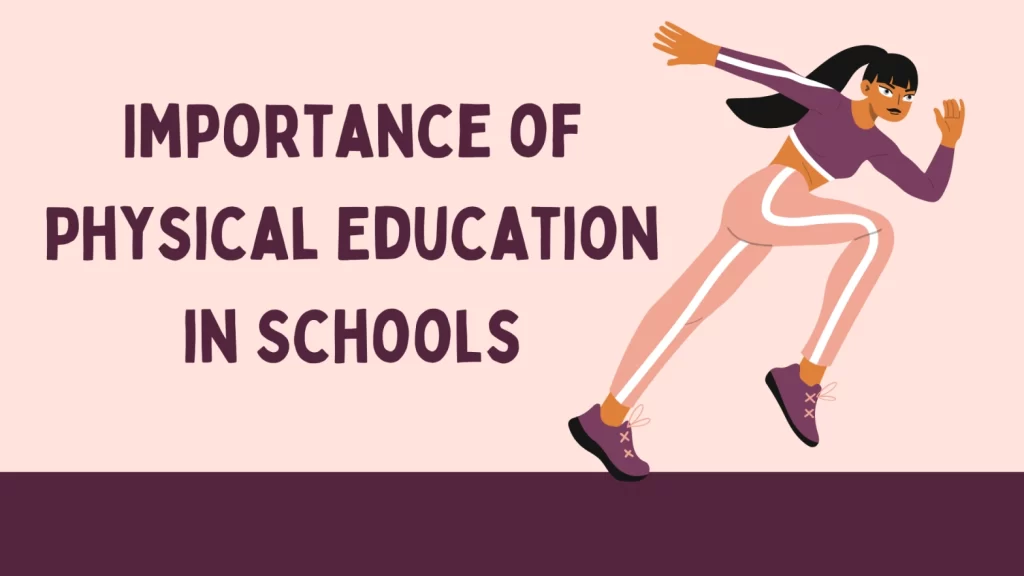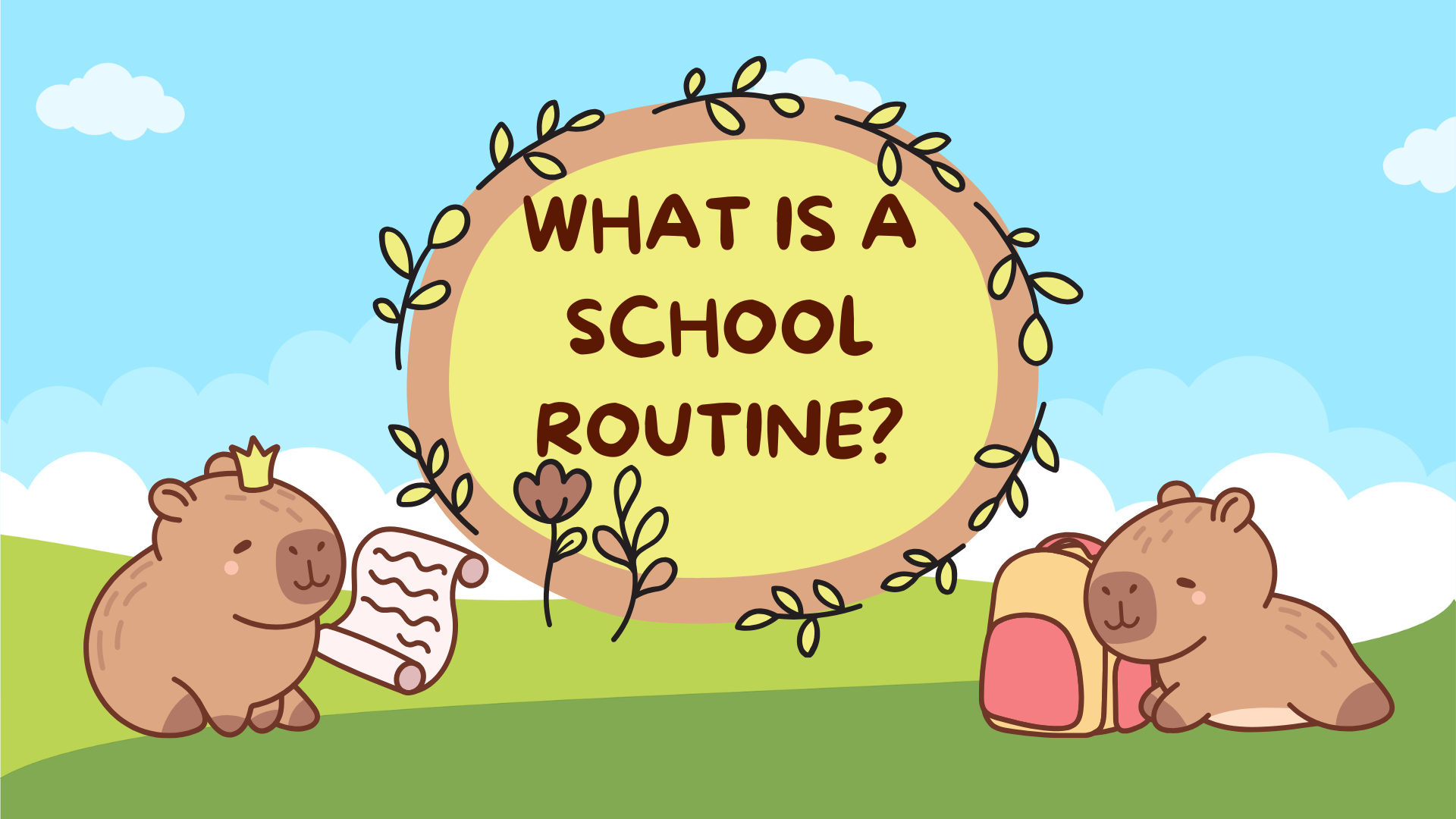
Importance of Physical Education in Schools
Physical education is a part of the school curriculum designed to foster interest in exercise, sports, and athletic habits among growing children. Engaging in regular physical activity not only keeps our bodies flexible but also enhances our mental well-being. Students who acknowledge the importance of physical education during their school life prioritize fitness from a young age.
Importance of physical education
Schools prepare us academically to have a successful and secure career. But what they often ignore is the importance of being healthy and what a school can do in that regard.
As academics are getting tougher for students each year, physical activities take a backseat. It has become highly uncommon for students preparing for board exams to go out and play for an hour or two.
The change must begin from institutions that prioritize education. So, let us discuss the impact of physical education across schools:
1. Improve academic performance
A school will always prioritize academics over extracurricular activities. However, making way for sports will foster mental and physical capabilities among children that help them academically.
The importance of physical education includes productivity and motivation that moulds kids from a young age to live healthier lives. It nurtures their creative skills and strengthens teamworking capabilities.
Athletic activities increase a sense of connection among classmates and peers which grows an interest in students to spend more time in school. Teamwork brings out a social side to each one of them strengthening their vocabulary skills and growing sportsmanship.
2. Picking habits for a lifetime
Promoting a fit and healthy lifestyle from a young age at both school and home makes physical activities non-negotiable. Children grow up knowing that it is a part of life and they carry those practices even after graduating.
When schools highlight the importance of physical education through activities and teaching, it encourages parents to prioritize healthy eating. It sets the tone for how children grow up and their subconscious minds are wired to make healthier life choices.
3. Enhances mental strength
It is easier to enhance cognitive skills among young children compared to when they are adults. Exercise plays a major role in improving cognitive skills, especially at an age when they have low stress levels.
As students go to higher classes they become acquainted with tougher syllabi and frequent exams. Athletic activities help relieve tension and strengthen them mentally. Physical education reduces anxiety, improves mood, and helps them maintain an optimistic approach to life. Exercising regularly regulates the sleep cycle and provides much-needed rest after long hours of studying and working out.
4. Imbibing sportsman spirit and ethics
Rigorous training that challenges our body shape’s perspective from a young age. Learning sports not only teaches how to master a game, but also emphasizes the importance of fair play and teamwork.
An inevitable part of playing sports is becoming competitive. But it also teaches values like having mutual respect, following a routine, and taking responsibility for collective output. It pushes participants to become courteous, humble, and disciplined.
Qualities imbibed by having true sportsmanship are not limited to a field. It reflects through behavior and shapes personality traits.
5. Going beyond winning and losing
Sports not only foster a sense of healthy competition but also prepare students for what comes later in their lives. Experiencing victories and failures while playing sports can prepare students for future experiences.
The competitive spirit imbibed from a young age reflects when they sit in an examination hall or during an interview. While they realize the importance of winning a race, they also know that participation matters more.
Leadership qualities, persuasive skills, communication, and cooperation are skills that they develop while trying to win a game. Dealing with failure is another experience that they must develop as it is a part and parcel of life.
6. Breaks monotony
Two things break monotony during a regular school day – recess and physical education class. The moment students get to walk out of their classes and run to the field, that’s what fun looks like. The change immediately brings excitement as they engage in playful activities with their classmates and learn something that’s apart from books.
It is a refreshing experience that breaks hours of sitting. A break from their routine instantly enhances their energy levels and motivates them to go back to books once done.
7. Improves attention span
Physical education is important because it engages cognitive and bodily movements that lead to improved attention span. Students who exercise regularly can grasp and retain information that helps them remember what they learn.
While mobile phones are slowly reducing attention span with too much information and too little time, sporty activities help students fight such a condition. They concentrate better, get tasks done within a shorter period, and juggle multiple activities throughout a day. Better academic performance goes parallel to regular exercising making physical education imperative for schools.
8. Building social skills
Participating in sports that require a group effort encourages teamwork from an early age. It is an interactive and engaging way to create collaborations that last and help students grow with each other.
Sharing responsibilities, exploring strengths and weaknesses, and leading a team to make decisions that work in their favor are all skills to develop from a young age. Such collaborations can turn into group study sessions that help them challenge each other and keep the competitive spirit alive.
9. Managing weight
According to Science Direct, obesity among children from low and middle-income backgrounds has been a growing concern in India. Physical education is important as it teaches them the need to exercise and maintain fit bodies from a young age.
Children are exposed to unhealthy foods like chips, cold drinks, and candy. Teaching kids the harmful impact of junk food will make them reject such items even if offered. Physical activities enhance metabolism and balance calorie intake which is crucial for managing weight.
10. Improved sleep quality
If your child owns a mobile phone, you might know how many hours they spend scrolling through Instagram reels. Studies suggest that exercising regularly can improve sleep disorders and promote sound sleep. The activities generate an innate craving to go to bed because the body needs to recover from experiences. The inclinations of students to keep their phones away during bedtime and prioritize sleep become the norm.
Why is physical education in schools important?
Schools prioritizing physical education give parents a heads-up about how they function and what matters to them. It reflects that they aren’t just about academic growth but overall growth of a child’s mental and physical well-being.
What a school stands for goes a long way to shape the identity and personality of students. That is why at DWPS Barasat we have an in-house gymnasium and a massive playground to help students take an interest in healthy habits.







